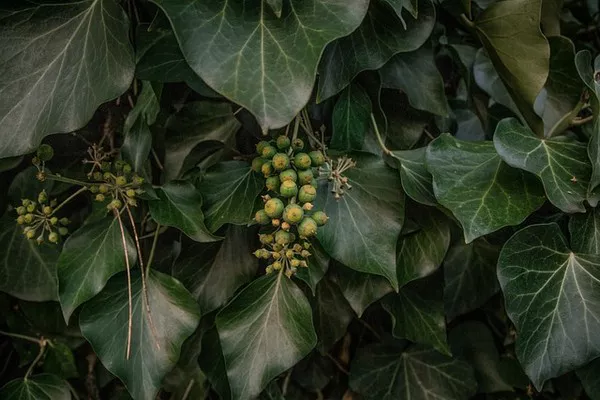Aphids, small sap-sucking insects, can wreak havoc on pepper plants, hindering their growth and reducing overall crop yield. Controlling aphid infestations is crucial to maintaining healthy pepper plants and ensuring a successful harvest. In this article, we will explore a range of professional and environmentally responsible methods to effectively get rid of aphids on pepper plants.
Identification and Monitoring:
Before implementing any pest control measures, it is essential to correctly identify aphids on pepper plants. Aphids are typically small and come in various colors, including green, black, yellow, or brown. They cluster on new growth, flowers, and the underside of leaves. Regular monitoring of plants helps detect early infestations, enabling timely intervention before the aphid population explodes.
Natural Predators:
Encouraging natural predators is one of the most environmentally friendly methods to control aphids. Ladybugs, lacewings, and parasitic wasps are known to prey on aphids and can significantly reduce their numbers. Creating a friendly habitat for these beneficial insects involves planting diverse flower species and avoiding the use of broad-spectrum insecticides.
Mechanical Control:
For small aphid populations, manual removal can be an effective approach. Using a strong blast of water, gently wash the aphids off the pepper plants. This method dislodges the aphids and disrupts their feeding, but it won’t harm beneficial insects or the plants themselves.
Pruning:
When aphid infestations are localized to specific areas of the pepper plants, pruning those affected parts can be a practical strategy. Be sure to promptly dispose of the pruned material away from the plants to prevent reinfestation.
Insecticidal Soap:
Insecticidal soap, made from potassium salts of fatty acids, is a low-toxicity option for aphid control. It works by breaking down the protective outer layer of the aphids, leading to dehydration and death. Follow the product instructions carefully to avoid damage to pepper plants and beneficial insects.
Neem Oil
Neem oil, derived from the seeds of the neem tree, is an organic remedy for aphids. It disrupts the aphids’ hormonal system, impeding their growth and reproduction. Mix neem oil with water and apply it to the affected areas, ensuring thorough coverage of both sides of the leaves.
Horticultural Oil:
Horticultural oils are lightweight oils that smother and suffocate aphids by coating their bodies. Use a refined horticultural oil specifically formulated for plants to avoid potential damage to pepper foliage. As with any pesticide, follow the label instructions for safe and effective application.
Reflective Mulch:
Reflective mulches, such as aluminum-coated or silver-colored plastic, can deter aphids from infesting pepper plants. The reflective surface confuses aphids, making it more challenging for them to locate suitable feeding sites.
Beneficial Nematodes:
Beneficial nematodes are microscopic roundworms that attack and kill aphids in the soil. They are safe for plants, humans, and other beneficial insects. When applying nematodes, ensure the soil is adequately moist for better nematode mobility.
DIY Pepper Spray:
A homemade pepper spray can be an effective deterrent for aphids. Blend hot peppers with water, strain the mixture, and dilute it further before spraying on the plants. The spicy concoction repels aphids without causing harm to the plants or other organisms.
Planting Companion Plants:
Certain plants can act as natural repellents to aphids when planted alongside pepper plants. These companion plants include marigolds, chives, garlic, and mint. Their strong scents and properties act as a natural barrier against aphid infestations.
Row Covers:
Using row covers can prevent aphids from accessing pepper plants in the first place. These covers act as a physical barrier while allowing sunlight and moisture to penetrate. Be sure to secure the covers properly to prevent aphids from finding entry points.
Yellow Sticky Traps:
Yellow sticky traps are adhesive sheets that attract and trap aphids. Position these traps near affected pepper plants to capture and reduce the aphid population. However, exercise caution to avoid trapping beneficial insects inadvertently.
Conclusion:
Aphids are persistent pests that can pose a significant threat to pepper plants. To protect your crop and ensure a bountiful harvest, it is crucial to take prompt and effective action against aphid infestations. By employing a combination of natural predators, organic sprays, and preventive measures, gardeners can effectively control aphids on pepper plants while minimizing harm to the environment and beneficial insect populations. Regular monitoring and early intervention are key to keeping aphid populations in check and ensuring the continued health and vitality of pepper plants throughout the growing season.


